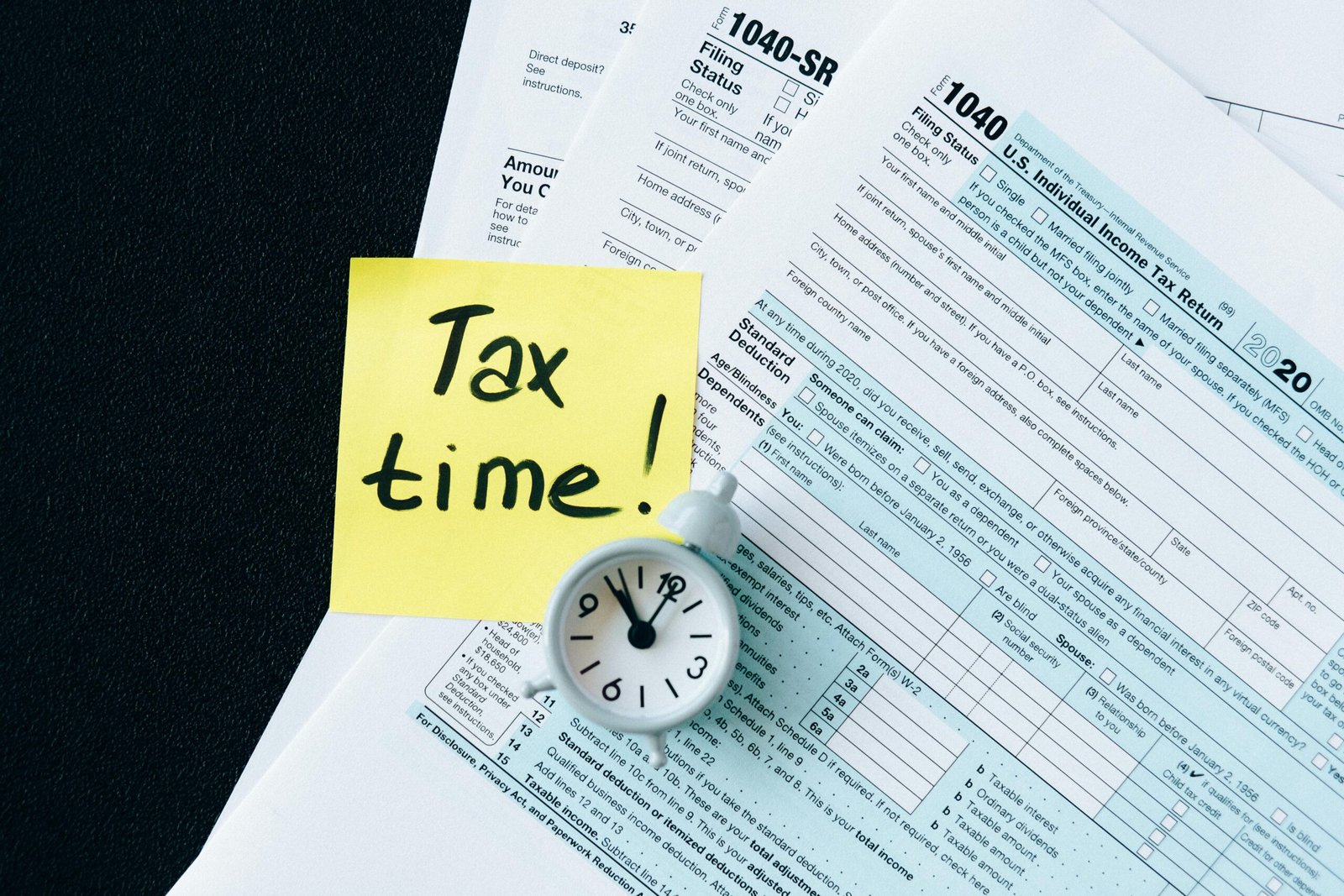Starting a foundation is a meaningful way to give back, but understanding the legal and tax requirements can be complex. One essential rule for new non-profits in the United States is the IRS’s 27-month rule. This rule can determine whether your organization’s tax-exempt status applies retroactively from its founded date. Here’s a guide to help you understand the 27-month rule and how it might affect your foundation, with examples for clarity.
What Is the 27-Month Rule?
The 27-month rule is an IRS regulation that allows non-profit organizations, such as foundations, to apply for tax-exempt status under Section 501(c)(3) of the Internal Revenue Code. If the foundation applies within 27 months from the end of the month it was formed, and the IRS approves the application, the tax-exempt status will be retroactive to the organization’s date of formation.
This is beneficial because it means that any donations received since the organization’s inception can be tax-deductible for donors, potentially encouraging more contributions. If the application is filed after the 27-month deadline, the organization’s tax-exempt status may only be effective from the date of application approval, which could reduce the tax benefits for donors who contributed before that date.
Recommendation: Private Foundations and Required Distributions: A Guide to I.R.C. Section 4942 Compliance
Automatic Extension for Filing
The IRS also provides some flexibility by allowing an automatic 12-month extension to this 27-month period. However, this extension only applies if the application is filed within that additional time frame, effectively giving organizations up to 39 months from their formation date to file for tax-exempt status.
Example Scenario: “Green Earth Foundation”
Let’s consider a fictional example to make the rule easier to understand. Suppose a group of environmental advocates created a non-profit foundation called the “Green Earth Foundation” on January 1, 2020. They aim to preserve forests, support eco-friendly initiatives, and educate the public about sustainable practices.
For Green Earth Foundation to have its tax-exempt status apply retroactively to January 1, 2020, they need to file IRS Form 1023 (Application for Recognition of Exemption) by April 30, 2022—this date marks the end of the 27-month period from their formation date.
What Happens If They Miss the 27-Month Deadline?
If Green Earth Foundation misses the April 30, 2022 deadline but manages to file by April 30, 2023, they can still be eligible for tax-exempt status retroactive to their formation date, thanks to the automatic 12-month extension.
However, if they file after April 30, 2023, they will need to provide a reasonable explanation to the IRS as to why they missed the deadline. The IRS may grant an additional extension if the foundation can prove that it acted in good faith and that the delay won’t negatively impact the government’s interests. This means they must demonstrate that they didn’t purposely delay the filing and that they took steps to complete it as soon as possible.
If they cannot meet these requirements, Green Earth Foundation’s tax-exempt status may only be effective from the date of application approval, which could reduce the incentive for past donors who contributed before the application approval date.
Why the 27-Month Rule Matters to Foundations
For many foundations, the ability to apply tax-exempt status retroactively is important because it allows for better financial planning, transparency, and donor relations. Donors are more likely to support a foundation if they know their contributions are tax-deductible from the foundation’s inception. Missing the 27-month window without a valid reason could result in tax-exempt status only being applied from the date of filing, potentially impacting donor confidence and reducing contributions.
Example of a Late Filing with Good Reason: “Community Health Foundation”
Consider another example, the “Community Health Foundation,” formed on January 1, 2021, to provide health resources in underserved communities. Due to unforeseen circumstances, such as the illness of key personnel or challenges caused by the pandemic, the foundation could not file Form 1023 by the 27-month deadline, which would be April 30, 2023. However, they filed the form by December 2023, explaining that the delays were beyond their control and showing evidence of efforts to file as soon as possible.
In this case, the IRS may still grant retroactive tax-exempt status if it believes the foundation acted in good faith and the delay won’t harm government interests. This decision would mean that the foundation could offer its donors tax benefits dating back to its formation in January 2021, maintaining the trust and potential funding sources.
Key Points to Remember
- File Form 1023 within 27 months from the end of the month your foundation was created to have tax-exempt status apply retroactively.
- Automatic 12-Month Extension: If you miss the 27-month window, you can still qualify for retroactive status if you file within an additional 12 months.
- Further Extensions: The IRS may grant extensions beyond this period if you can prove that the delay was reasonable and in good faith, and if granting relief does not prejudice government interests.
- Impact on Donors: Retroactive tax-exempt status reassures donors who want their contributions to be tax-deductible from the foundation’s formation date.
Recommendation: Essential Guide to the IRS Excise Tax: What Every Private Foundation Needs to Know
In a Nutshell
The 27-month rule is an essential guideline for foundation owners to understand, as it impacts tax-exempt status and the benefits available to donors. Foundations that file within this time frame can enjoy retroactive status, strengthening relationships with supporters and ensuring financial transparency. Missing the deadline doesn’t necessarily mean losing tax-exempt status, but it may require additional steps to maintain donor benefits.
If you’re setting up a foundation, make sure to plan the filing of Form 1023 as part of your initial administrative tasks. Consider consulting with a tax professional or legal advisor to navigate any challenges, especially if you anticipate delays.











